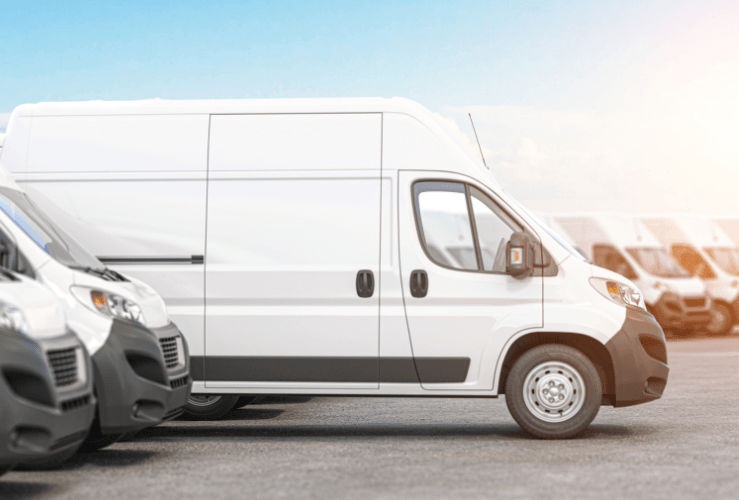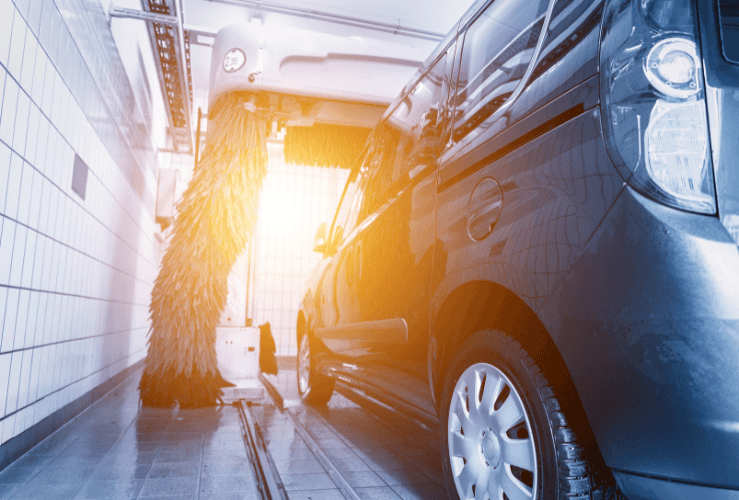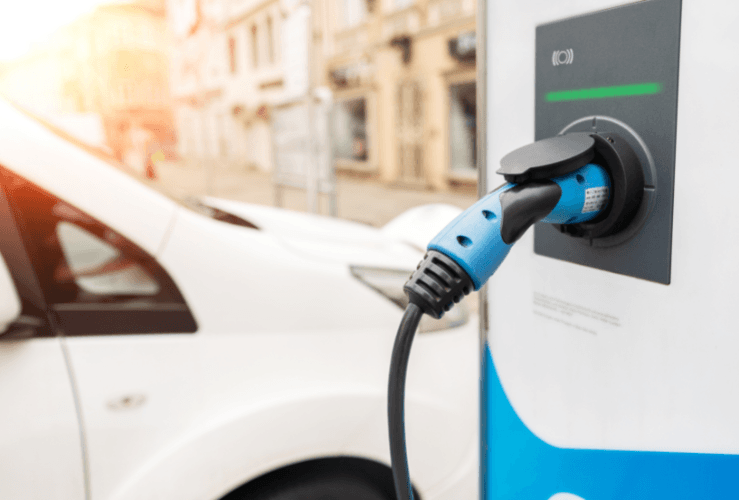If you've ever owned a van or driven one for work, you'll know the vast majority on the road are diesel fuelled.
Diesel vans are popular because they last considerably longer than petrol vans - often to the tune of 10 years.

The longevity of a diesel van is largely down to the way diesel lubricates the engine - and the way diesels are manufactured to withstand much higher pressures.
It's estimated that around 97% of vans are powered by diesel in the UK; the same is true on the continent.
Until recently, the only other option was a petrol-powered van - but they have failed to make any headway into this diesel-dominated segment.
Today, there are a number of electric-powered vans to choose from, too.
In this article we'll examine the pros and cons of each van type, so you can decide whether to stick with the old, trusted diesel, consider petrol, or make a break and go electric.

Credit: kucheruk - stock.adobe.com
Diesel: the current go-to choice
Pretty much any van you care to mention is available in diesel form - indeed, it may well only be available as a diesel.
Pros of a diesel van
Diesel vans are well established, with many options available. While diesel has had a bad press in recent times, the plethora of newer 6D engines offer a quieter ride with superb fuel economy.
Plus, they aren’t subject to restrictions, either in the UK or on the continent, and they keep their value well.
Additionally, they boast the largest payloads available.
Cons of a diesel van
While these reasons make them a no-brainer for most commercial users, they are undeniably less environmentally friendly than some alternatives.
High CO2 levels and particulate emissions are bad enough, but their DPFs (diesel particulate filters) tend to get blocked when driven at lower speeds for long periods (i.e. in urban zones).
To make matters worse, some diesel vans are subject to fees in certain urban areas - such as ultra-low emission zones.
Should I buy a diesel van?
All that said, diesels remain practical and popular, and are unlikely to lose their prime status anytime soon.

Petrol: a flash in the van?
Petrol-powered vans have failed to make serious inroads into the van market. Nevertheless there are several options available.
Top-selling petrol vans include Ford's Fiesta van, Transit Courier Transit Connect, and a trio of PSA Group vans: the Citroen Berlingo, Peugeot Partner and Vauxhall Combo (all based around the same platform). There's also the VW Caddy van and the Fiat Fiorino, among others.
Some brands have offered petrol vans in the past, but have withdrawn them due to lack of demand.
Pros of a petrol van
Benefits of petrol vans include lower CO2 emissions, and no issues with suffering a blocked DPFs - because they don’t have them.
They are also more affordable and because they offer cleaner refuelling, are popular among some drivers.
Cons of a petrol van
On the downside, they don’t hold their value well, partly because few people want them.
Poorer fuel economy and exclusions from some fee-free congestion charge zones are also negatives.
With these points in mind, the only real battle is diesel vs electric.

Electric: sure to dominate in the near future
As with regular cars, electric powertrains are set to oust diesel from the van game - eventually.
Belief in the electric van has been bolstered by huge e-van orders by the likes of Amazon - which have signed up for 100,000 Rivian vans to support its delivery services.
Among the electric vans UK buyers can choose from are Renault's Kangoo ZE and Master ZE; Mercedes Benz' eVito and eSprinter, the Vauxhaul e-Vivaro and the Ford Transit.
Pros of an electric van
The key advantage of e-vans is the fact they offer zero emissions and therefore benefit from fee-free journeys within ultra-low emission zones.
They also have better range than they once had, and offer good load capacity. The battery packs in some older models protruded into the storage area, but clever redesigns mean this is no longer the case.
And last but not least, they are quieter - meaning a more pleasant experience for drivers and the general public.
Cons of an electric van
Choice is somewhat limited, but manufacturers are planning a number of new models in the coming months and years.
Additionally, early adopters may find their chosen e-van becomes obsolete as models with better range and faster charging become available.
And with e-vans being a relatively new option, battery longevity is something of an unknown. However, long warranties should assuage this concern.
But perhaps the biggest hurdle for electric vans is cost: even with state grants they are expensive - and due to potential obsolescence issues, they may not hold their value. That said, resale worries won't matter if you lease rather than buy.
Should I buy an electric van?
In sum, they are the ultimate green option, and if nothing else, will make you and/or your company look truly cutting-edge.
Thinking of investing in an electric van? Find out more as to whether an EV van is right for you.
Choosing a van
If you're looking to buy a van of any fuel type, here's our top tips for choosing a van.
Van breakdown cover
If you already own a van or are looking to buy a van, at Start Rescue we offer van breakdown cover.




